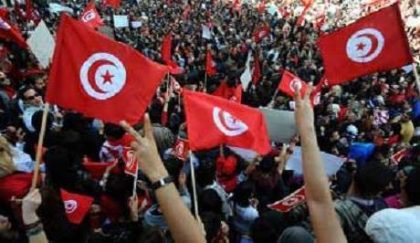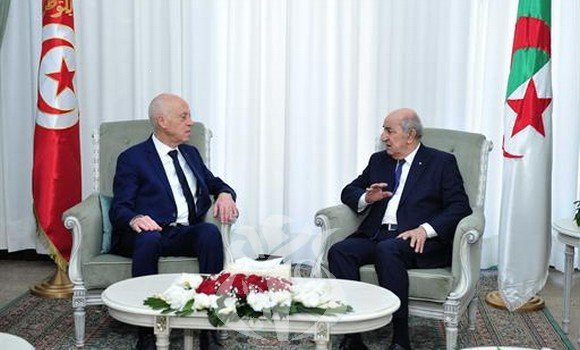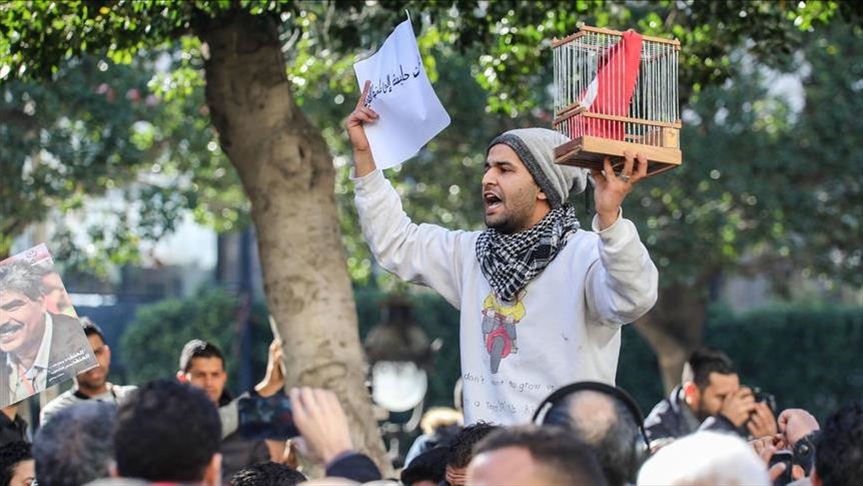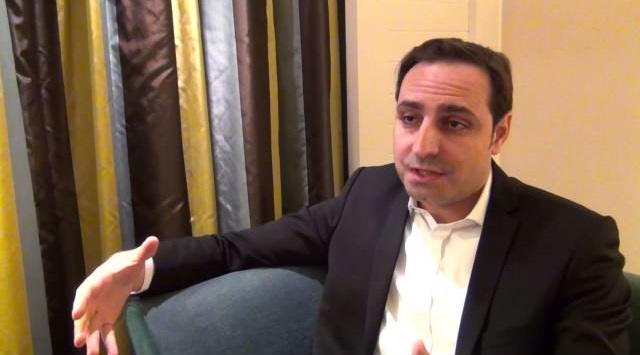 Despite the remarkable progress in installing democratic political solutions witnessed in Tunisia since deposing President Ben Ali, the country continues to suffer from rampant corruption putting its democratic transition at risk, said the Carnegie Endowment for International Peace in a recent analysis
Despite the remarkable progress in installing democratic political solutions witnessed in Tunisia since deposing President Ben Ali, the country continues to suffer from rampant corruption putting its democratic transition at risk, said the Carnegie Endowment for International Peace in a recent analysis
Dubbed “Tunisia’s Corruption Contagion: A Transition at Risk”, the analysis notes that corruption continues to be a contagion taking a decentralized aspect plaguing every aspect of Tunisia’s economic, political, and security reform process and undermining faith in institutions while promising prospective instability.
“Once tightly controlled under former president Zine el-Abidine Ben Ali, corruption has now become endemic, with everyday citizens engaging in and benefitting from corrupt practices,” the analysis says, noting that numerous legal measures and civil society initiatives have been working to fight corruption, but it is perceived to be even more pervasive today than it was under Ben Ali.
For democratic transition to survive, the article recommends that Tunisia must fight a two-front war to address simultaneously the former kleptocracy and the emergence of widespread petty corruption.
To be successful, government and civil society must first agree on a framework for understanding and implementing the war. The international community should then support this framework with targeted funding and assistance, it said.
“If left unaddressed, corruption will remain a central roadblock to Tunisia’s democratic consolidation and increasingly add to the region’s serious economic and security challenges,” the analysis warns.
It goes on to recommend funding of Tunisia’s anticorruption bodies, including the National Anti-Corruption Authority and the Financial Judiciary Pole, as well as civil society watchdog groups, such as Al Bawsala and I Watch.
The analysis also advises Tunisia to continue to strengthen civil society and ensure that Tunisia maintains a free media.



